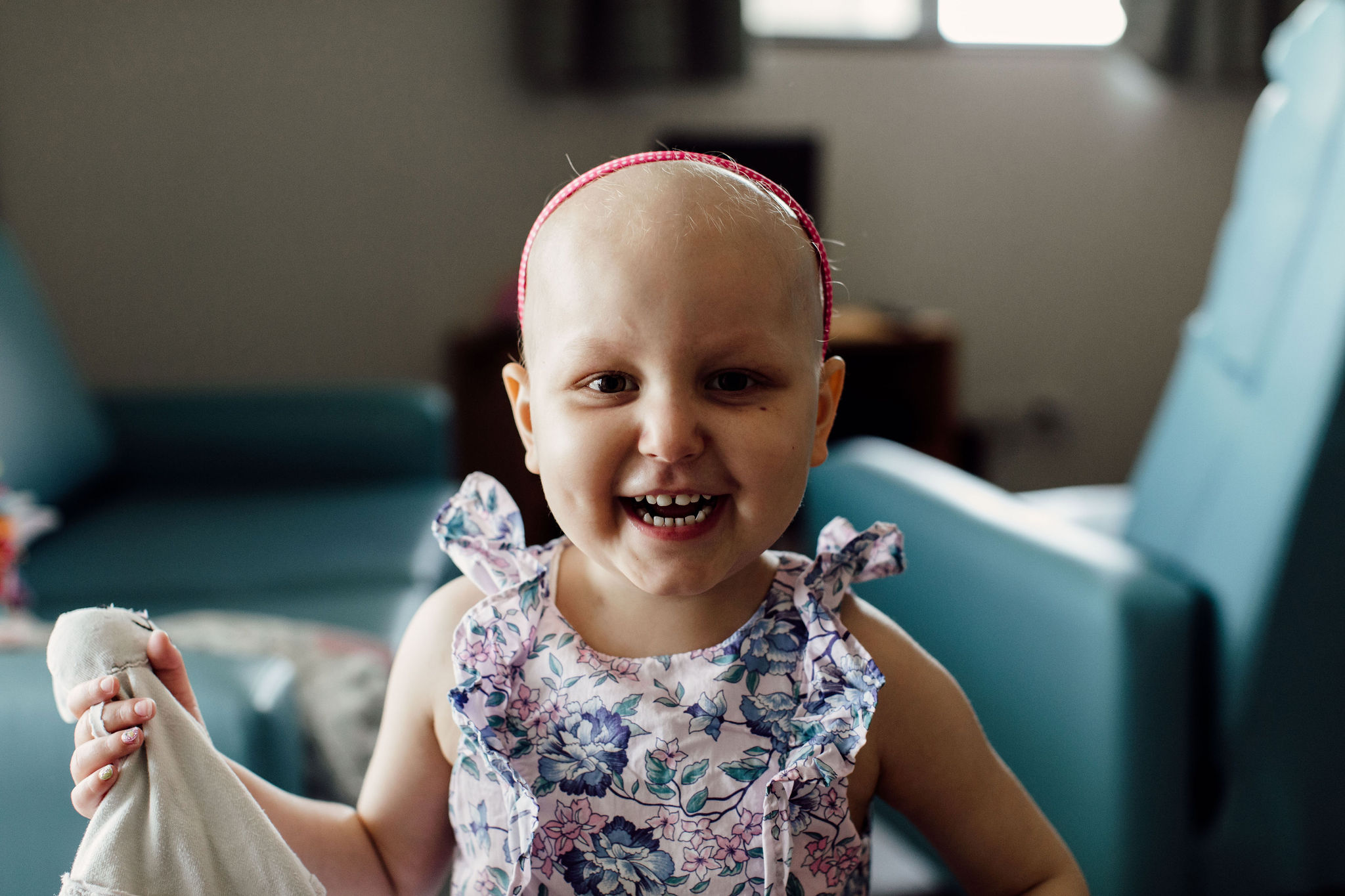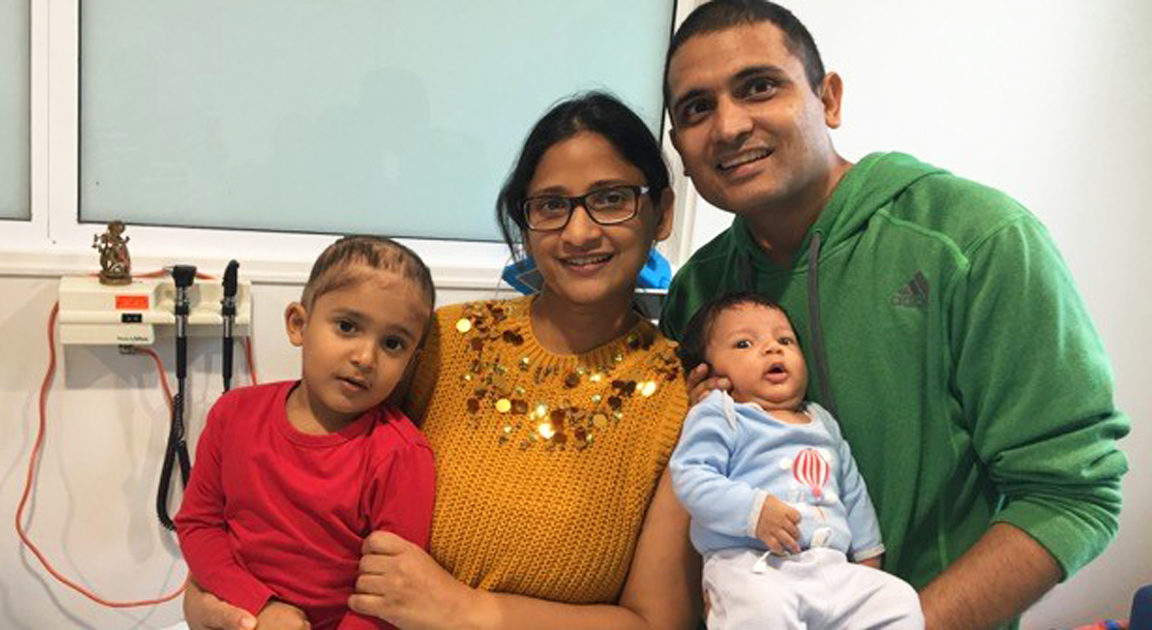Childhood blood cancers
If you have recently discovered your child has a blood cancer the doctor in charge of your child’s treatment has probably already talked to you about their diagnosis and tried to explain how it is likely to affect your child. Do not be afraid to ask for another meeting to discuss the diagnosis and treatment options.
People respond to a diagnosis of childhood blood cancer in different ways and there is no right or wrong or standard reaction. Hearing that your child has been diagnosed with blood cancer is extremely distressing and can trigger a range of intense emotional responses ranging from denial to devastation. Remember, you are very important to your child and by remaining calm and giving encouragement you can help him or her with the numerous tests and investigations that have to be done.
It is usually possible to stay with your child while most tests are done, but if you find it upsetting then it is probably better for you to wait close by. These days most children’s centres treating blood cancers give patients a light anaesthetic or sedation to do the more painful tests. In this case, you will probably be allowed to stay with your child until he or she is asleep, and afterwards you will be able to sit by their bedside waiting for them to wake up.
Further information on these childhood blood cancers and their treatments can be found once you are aware what type of blood cancer your child has. Blood cancers found in children include:
Types of childhood blood cancers
Childhood lymphoma Childhood ALL Childhood AML Juvenile myelomonocytic leukaemia (JMML) Childhood MDS and MPN Aplastic anaemiaCommon questions about children and blood cancer
Making treatment decisions, how to talk to children about it, and more.Last updated on May 20th, 2024
Developed by the Leukaemia Foundation in consultation with people living with a blood cancer, Leukaemia Foundation support staff, haematology nursing staff and/or Australian clinical haematologists. This content is provided for information purposes only and we urge you to always seek advice from a registered health care professional for diagnosis, treatment and answers to your medical questions, including the suitability of a particular therapy, service, product or treatment in your circumstances. The Leukaemia Foundation shall not bear any liability for any person relying on the materials contained on this website.
